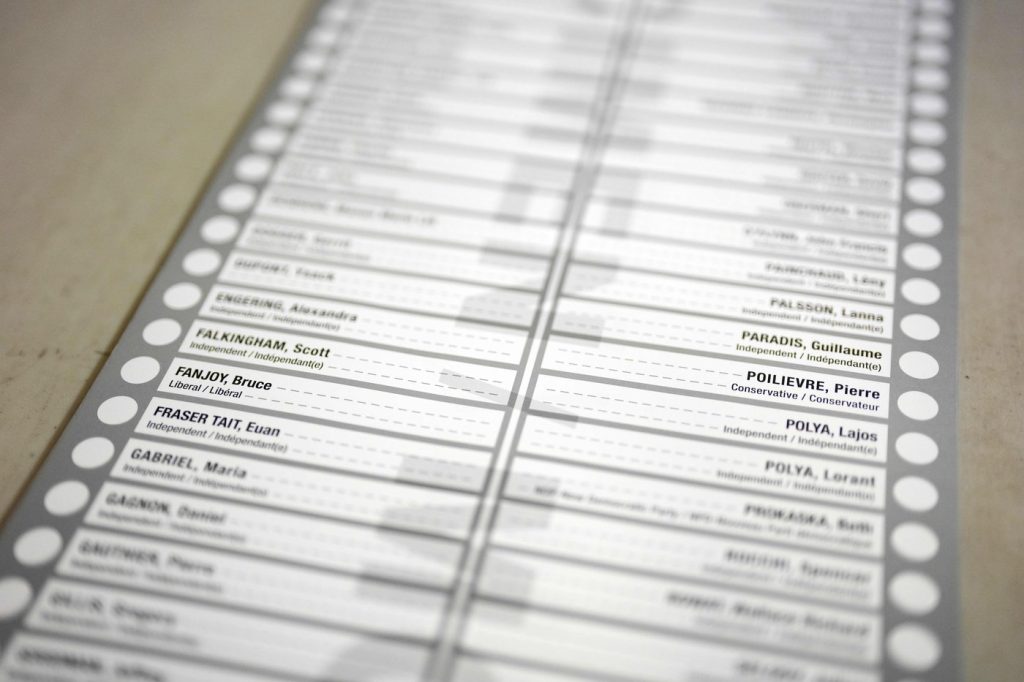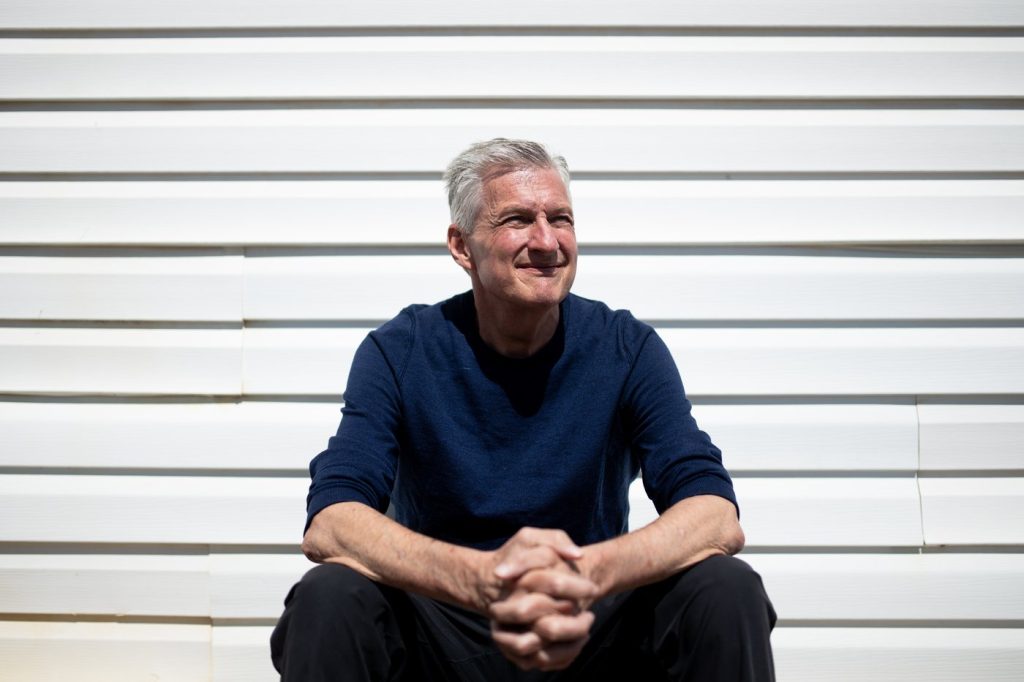OTTAWA — In a notable attempt to advocate for electoral reform, the Longest Ballot Committee has declared victory following the week’s election, despite facing criticism for its unconventional and controversial tactics. The group is creating very long ballots to draw attention to the need for a more representative electoral system.
Mark Moutter, one of the protest candidates who participated in the Ottawa riding of Carleton, expressed optimism about the outcome. “It’s been a success,” he asserted, highlighting the increased public interest in electoral reform. "I've never seen people looking more optimistically at electoral reform, ever."
Since 2021, the Longest Ballot Committee has aimed to ignite conversations about electoral reform by nominating multiple candidates—some from different provinces—to generate extensive ballots. The group advocates for establishing a citizens' assembly to design a new electoral system, arguing that current political parties shy away from making the government more reflective of the electorate's diversity.
In the recent general election held on Monday, the committee focused its efforts on the Carleton riding, previously represented by Conservative Leader Pierre Poilievre. Remarkably, the committee contributed 85 candidates out of 91 on the ballot, resulting in a ballot nearly 97 centimeters long, displayed in two columns. To mitigate counting delays, Elections Canada initiated an early count of advance ballots, resulting in an impressive voter turnout of nearly 82 percent in the riding.
However, Elections Canada cautioned that enormous ballots require three times more counting time and necessitate additional ballot boxes compared to conventional ballots. “Counting a ballot like the one we saw in Carleton does take longer,” noted Elections Canada spokesman Matthew McKenna. The agency did not disclose the specific impacts of the long ballots on the counting process, which spilled into the early hours of Tuesday.
Tomas Szuchewycz, a spokesman for the Longest Ballot committee, mentioned efforts to also nominate multiple candidates in a neighboring riding for Liberal Leader Mark Carney, though they “ran out of time” due to uncertainties surrounding the Liberal leadership race. “This one-of-a-kind campaign has been a whole lot of fun,” Szuchewycz stated, emphasizing the increased interest in electoral reform that the committee’s initiatives fostered.
Not everyone shares the committee’s optimistic viewpoint. Carleton University political scientist Jon Pammett, who supports electoral reform, expressed skepticism about the long ballots positively contributing to the cause. “It’s kind of a nuisance. It’s an annoyance,” he remarked, questioning how such stunts could lead to meaningful discussions about electoral reform. He anticipates that Elections Canada will suggest measures to complicate the nomination of excessive candidates in the future.
This initiative is not the first of its kind. In previous elections, such as a Montreal byelection in September 2023 and a byelection in Toronto's St. Paul’s in June, lengthy ballots became a significant challenge, with 91 names and 84 candidates respectively, many associated with the Longest Ballot Committee. Elections Canada’s Chief Electoral Officer Stéphane Perrault warned around a year ago that extremely long ballots might delay counting and pose accessibility issues, including challenges for individuals with disabilities.
The committee’s recent long ballot managed to attract attention on social media, leading to conspiracy theories alleging funding from Poilievre’s opponents. Szuchewycz's brother Kieran was previously involved in a legal challenge regarding a deposit requirement for federal seat candidates, which the Trudeau government declined to contest, leading to a significant ruling in 2017. Moutter defended their tactics, asserting that the current lack of ranked ballots leads to prolonged counting times during close elections.
Pammett argued that alternative voting systems considered more democratic could complicate vote counts even further. He suggested that real change requires substantial public interest over many years and that notable electoral failures could prompt a shift in public opinion towards reform. Moutter, having run for the first time in the past Montreal byelection and inspired by the Longest Ballot Committee’s advocacy, emphasized his passion for improving democracy through these efforts. "It’s just something that I’m really passionate about," he said.











